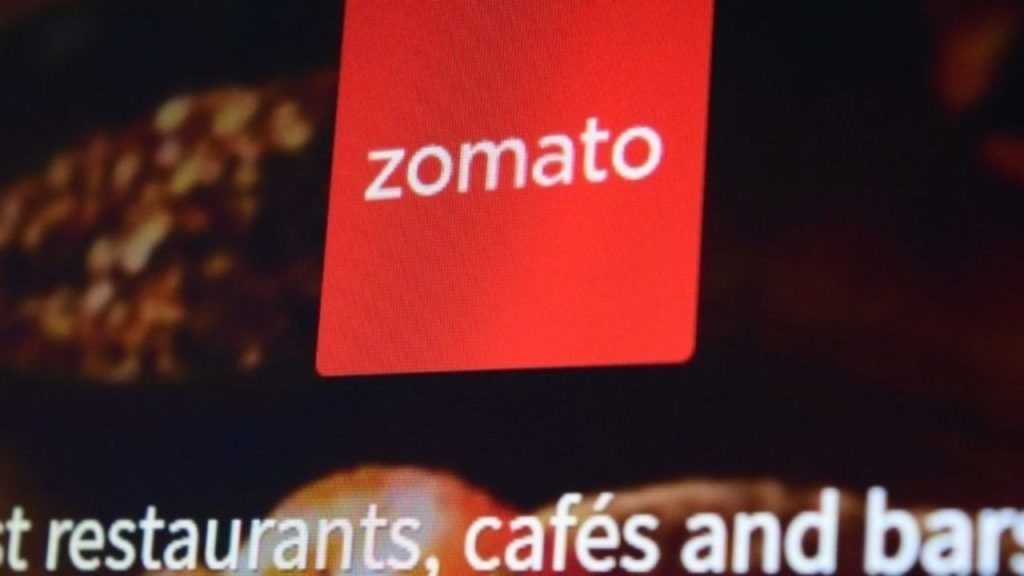Swiggy, Zomato Must Pay GST For Unregistered Restaurants; No Input Tax Credit

Bad News for Food delivery services!
Zomato and Swiggy and other similar food delivery services would be forced to pay GST not only on supplies from registered eateries but also on supplies from unregistered businesses.
Not just that there won’t be any input tax credit (ITC) too.
Earlier the Indian Union Finance Minister Nirmala Sitharaman at a press meet after the 45th GST Council meeting in Lucknow, Uttar Pradesh said “Since the place where food is delivered will be the point where tax is collected, the Swiggy-like operator who will be collecting tax will pay up the GST on it.”
Food-Delivery ECOs Will Be Accountable For Paying GST For All Restaurants!
There is a circular released by the Finance Ministry which tells that food delivery services will have to pay GST not only on supplies from registered eateries but also on supplies from unregistered businesses under the new regime.
The new system’s implementation on January 1.
“ECOs will be liable to pay GST on any restaurant service supplied through them including by an unregistered person,” the circular said.
ECOs Will No Longer Be Required To Collect TCS
These food delivery apps are currently registered as Tax Collectors at Source (TCS).
These ECOs would no longer be required to collect TCS and file GSTR-8 for restaurant services for which they pay tax as of January 1.
They will continue to pay TCS for other services though!
Impugned Supply Value In Their Aggregate
However, the GST law has deemed the ECO as a supplier of services.
“The registration provision casts liability on the supplier to get registered. Therefore, in respect of the supplies made by the restaurants, a view can be taken that the ECO would step into the shoes of the restaurants (that is, ECO would be treated as the supplier for such supplies). Given this, it can well be argued that for the GST law the impugned supply made through ECOs would be considered as the supply of ECOs and not of restaurants,” Sunil Kumar said.

Comments are closed, but trackbacks and pingbacks are open.